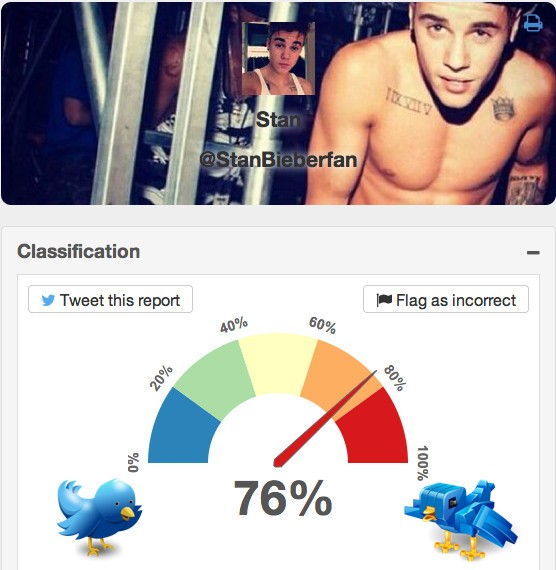Uncovering Conflicts With Stock Market Analyst
Post on: 16 Март, 2015 No Comment

Identify the Underwriter
Verify if the analyst’s business underwrote a recommended business’s stock by viewing the prospectus, which can be a part of the registration statement for the offer, prior to purchasing. You will find a listing of the direct or managing underwriters to the leading cover of the preliminary and final duplicates of the prospectus. Other companies participating in the offer will likely be recorded just in the Underwriting or Strategy of Distribution parts of the last addendum to the prospectus. You can look for enrollment statements utilizing the UNITED STATES SECURITIES AND EXCHANGE COMMISSION’s EDGAR database at www.sec.gov/edgar.shtml.
Research Possession Interests
The issuer’s registration declaration will let you know about personal sales of the firm’s securities through the last three years. Besides the disclosure demands in the rules, you might be in a position to establish possession by examining these SEC forms:
Types 3, 4, and 5: Officials, managers, and beneficial owners greater than ten percent must report their properties and any changes within their properties to the UNITED STATES SECURITIES AND EXCHANGE COMMISSION on Types 3, 4, and 5.
Unlock the Puzzle of lockups
When the analyst’s business obtained possession interests through enterprise investing, the shares ordinarily will be subject to your lock up understanding during and following the issuer’s IPO. Lockup deals forbid firm insiders, including workers, their family and friends, and venture capitalists from marketing their shares during a set period less the underwriter’s consent. While the underwriter can decide to stop a lock up period early, whether because of marketplace circumstances, the functioning of the offer, or alternative variables, lockups usually last for 180 days subsequent to the offer’s registration statement becomes successful.
Following the lockup period ending, the corporation might manage to sell the inventory. In case you are contemplating investing in a business that has ran an IPO, you will need to check on whether or not a lockup arrangement is essentially and when it expires or in the event the underwriter waived any lockup limitations. This Really Is significant advice because a firm’s stock price might be impacted by the chance of lockup shares being offered to the marketplace when the lockup ends. It’s also an information point you can think about when evaluating research reports issued only prior to a lockup period expiring which are occasionally referred to as booster shot reports.
To learn if a corporation includes a lock up deal, assess the Underwriting or Strategy of Distribution parts of the prospectus. That Is where corporations must reveal that info. You can get in touch with the corporation’s investor relationships section to request its prospectus, or make use of the UNITED STATES SECURITIES AND EXCHANGE COMMISSION’s EDGAR database in case that the company has submitted its prospectus electronically. In case you can not locate a questionnaire on EDGAR, please consult with info on How to Request Public Recordswww.sec.gov/answers/publicdocs.htm. Additionally, there are commercial sites you may use for free that trail when corporations’ lockup arrangements expire.
Ways To Shield Yourself
We guide all traders to do their assignments before investing. If you buy a security only because an analyst stated the corporation was clearly one of their top selections, you might do yourself a dis-service. Specially if the firm is one you have never heard about, consider time to inquire:
www.sec.gov/edgar.shtml, or telephone the business for copies. Should you can not examine them all on your own, request a trustworthy professional for aid.
b) Locate out if your lock-up period is going to expire or if the underwriter waived it. An analyst advice may be set by it in view, while that might not always make an impact on your final decision to get.
c) Verify if the analyst’s business underwrote among the corporation’s current stock choices, particularly its IPO.
d) Understand just as much as you are able to in regards to the business by studying independent information reports, business databases, and reference guides. The local library might have these along with other resources.
e) Speak with your brokerage or financial advisor and get questions regarding the business and its particular prospects. But remember that in the event your brokerage’s business issued an optimistic report on an organization, your brokerage will likely be hard pressed to contradict it. Remember to request your agent whether or not a certain investment is appropriate for you in light of your economic situation.
Most importantly, remember that even the most sensible recommendation from your most trustworthy analyst might not be an excellent option for you personally. That’s one cause we warn investors not to rely only on an analyst’s advice when purchasing or selling an inventory. Before you act, consider whether the selection matches together with your targets, your time horizon, along with your allowance for danger. Understand everything you are purchasing, or marketing, and exactly why.














